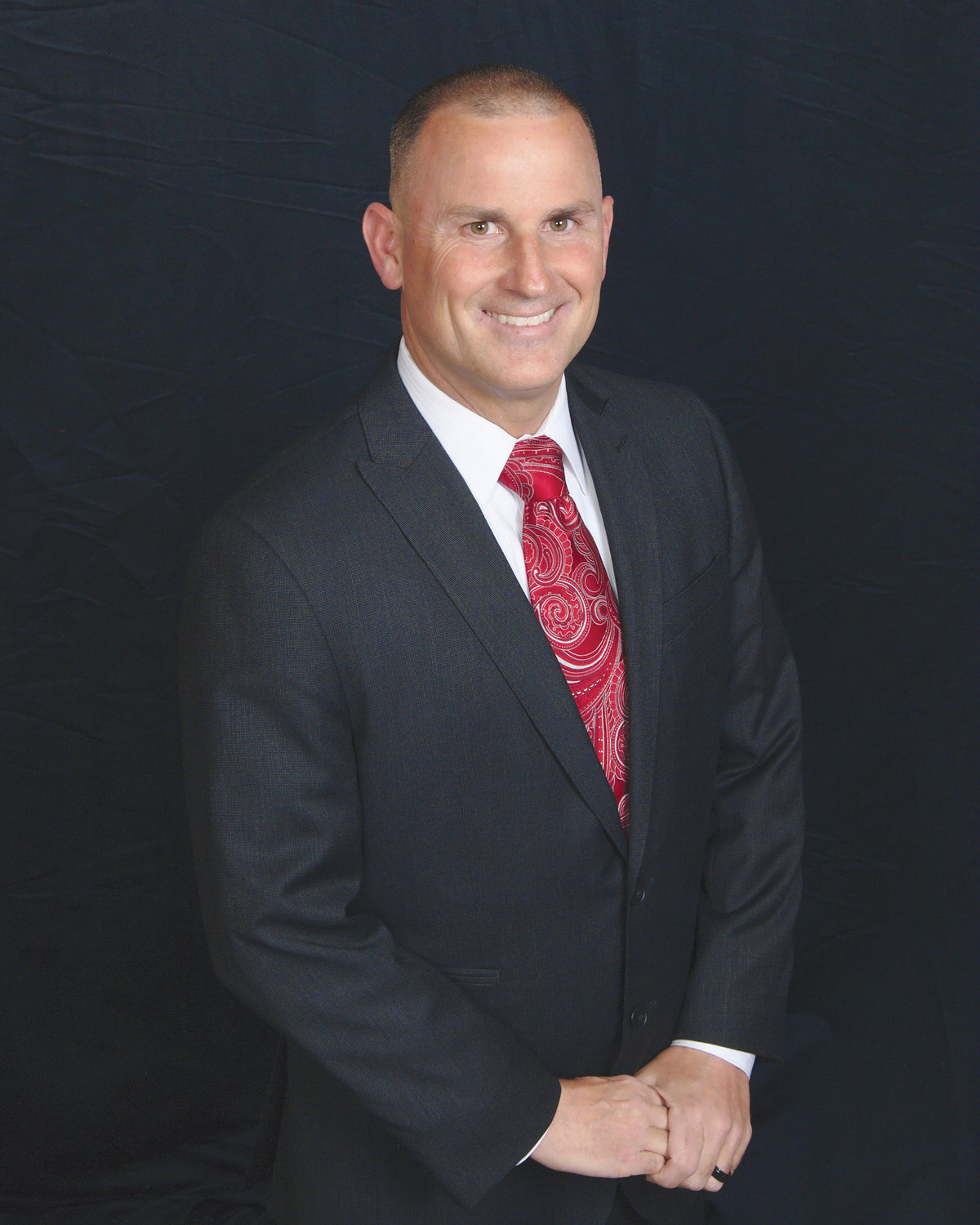Davis tasked with finding solution for charter schools security
GREEN COVE SPRINGS – The Clay County School Board directed the superintendent to work with the district’s two charter schools to determine how best to handle their security.
All Florida …
This item is available in full to subscribers.
Attention subscribers
To continue reading, you will need to either log in to your subscriber account, or purchase a new subscription.
If you are a current print subscriber, you can set up a free website account and connect your subscription to it by clicking here.
If you are a digital subscriber with an active, online-only subscription then you already have an account here. Just reset your password if you've not yet logged in to your account on this new site.
Otherwise, click here to view your options for subscribing.
Please log in to continueDon't have an ID?Print subscribersIf you're a print subscriber, but do not yet have an online account, click here to create one. Non-subscribersClick here to see your options for subscribing. Single day passYou also have the option of purchasing 24 hours of access, for $1.00. Click here to purchase a single day pass. |
Davis tasked with finding solution for charter schools security
GREEN COVE SPRINGS – The Clay County School Board directed the superintendent to work with the district’s two charter schools to determine how best to handle their security.
All Florida schools must, by law, have either a school safety officer, school resource officer, guardian or security officer on their premises while children are in class. To get under law, the school board created its own police department after the Clay County Sheriff’s Office wouldn’t drop its price for each officer. Clay Charter opted to use a Florida Highway Patrol office while St. Johns Classical Academy uses guardians.
Wanting protection parallel to a police officer, SJCA requested its own school district police officer. While that kind of decision is handled by school board, Florida statute prohibits it.
“What the statute says is that they (school district police officers) cannot arrest an individual except on district-owned property,” school board attorney Bruce Bickner said during the Oct. 3 meeting. “They are in the business of enforcing the law and keeping the peace with the threat of arrest and the threat of carrying a firearm.”
School board police officers wouldn’t be able to arrest on charter property that’s not owned by the district. If the officers can’t arrest people, they essentially can’t do their jobs.
Both sides agreed so the board was asked to consider hiring a CCSO school resource officer. Most of the board members were in favor of paying a CCSO deputy as much as their current school police department officers. Members said they wouldn’t pay $101,000 a year for each officer, which was Sheriff Darryl Daniels’ original offer.
“There are issues that need to be worked out and I think that the most prudent thing we can do as a board is to not tie his hands to any one particular option, but to allow him to work with all stakeholders involved to make the best decision for the kids,” board member Ashley Gilhousen said.
SJCA Founding President Diane Hutchings she was in favor of working with Superintendent Addison Davis on getting more security at her charter school. Davis asked Hutchings to do some homework and work with CCSO to see if the agency would work for a more-manageable price. Hutchings said she would try.
The district’s two charter schools have always been under Florida law in terms of protection. According to state statute, neither of the schools have inadequate minimum protection. SJCA parents, according to a survey taken by the school, overwhelmingly want their children protected by a police officer rather than a guardian.
While Davis will abide by the school board’s ruling, the board simply asked him to work with the charter schools to find a workable solution.
“At the end of the day, we should not spare any expense for safety and whether it’s district-managed schools, district charter schools or district-ran schools, we should make certain that every school has the same opportunity to protect our children,” Davis said. “From our side though, from the state and Department of Education, we are providing the necessary required funding to the charter schools.”
After receiving state money, which is roughly $36,000 for each charter school according, the schools are free to determine their method of providing security.
“Anything beyond what’s required, the school board would have to direct me to use,” Davis said. “The biggest thing for us is that we have to figure out, ‘can we use millage money?’ which would make sense because as community members, everyone pays taxes and that money should be impactful for every school regardless of what their choice will be.”
Davis and the other stakeholders will work to determine the next move before the November school board meeting.








